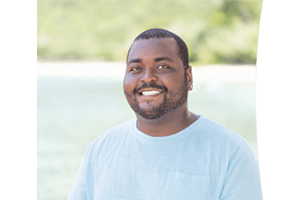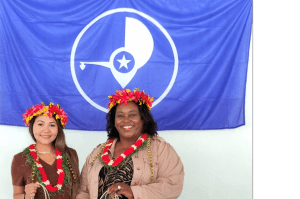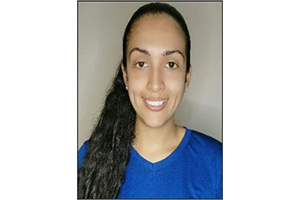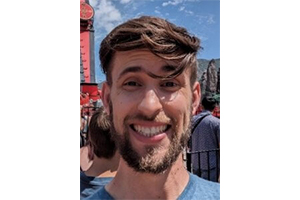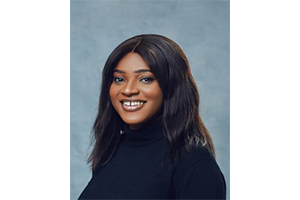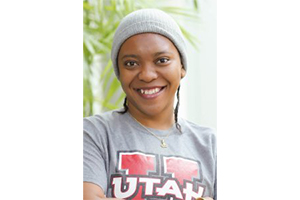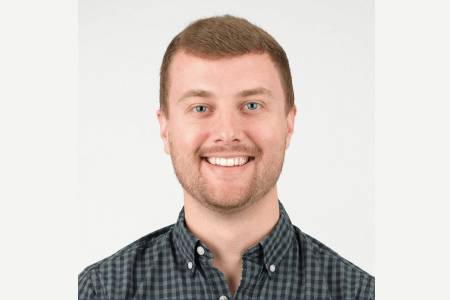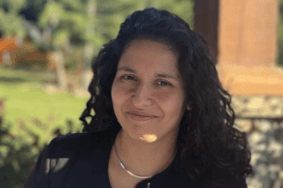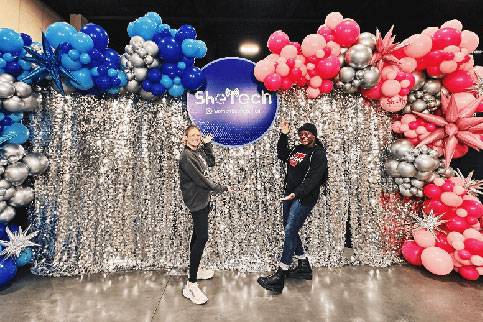
Growing up in Guam, we are always surrounded by nature–whether picnicking with family by the beach, hiking with friends on a Saturday, or admiring the sunset views from a favorite restaurant in Tumon. Yet, despite this constant immersion in nature, our environmental science classes rarely include locally relevant examples. In middle school and biology classes, I learned scientific concepts through examples from various states in the U.S., but it was not until taking an Environmental Biology course that I encountered biology through locally relevant examples.

